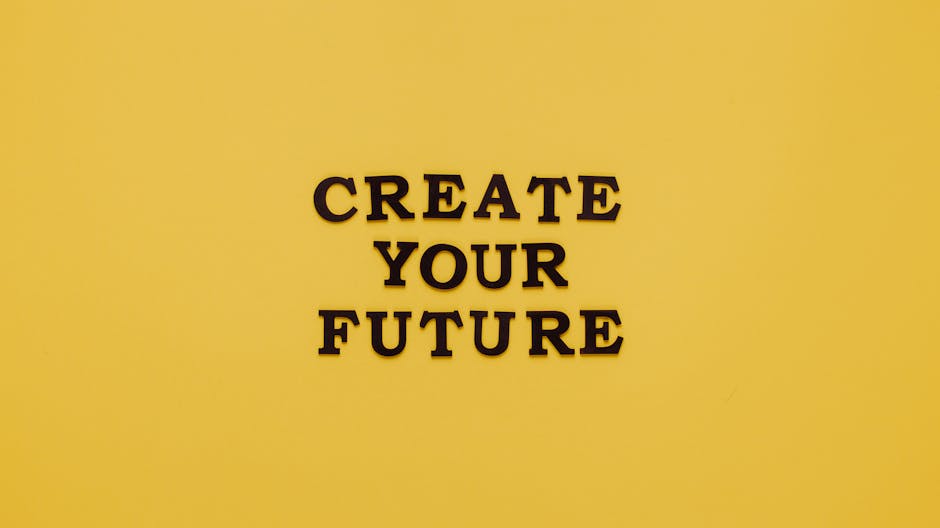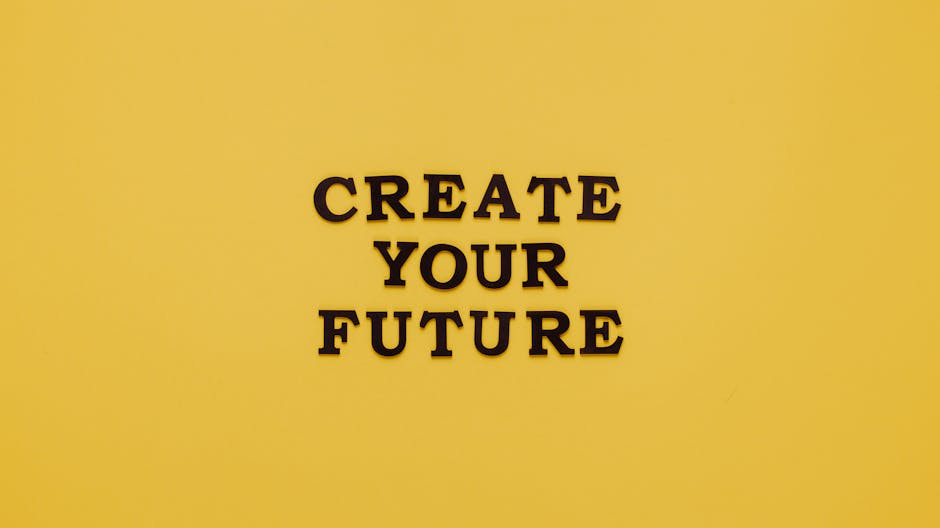Unlocking Self-Awareness: How Cultural Fluency Enhances Your Personal Growth
In today’s interconnected world, cultural fluency – the ability to understand and navigate different cultures effectively – is no longer a niche skill; it’s a crucial asset. But its benefits extend far beyond international business or diplomacy. A deep understanding of diverse cultures profoundly impacts self-awareness, leading to personal growth and a richer, more nuanced understanding of yourself and the world around you. This article explores the multifaceted ways in which cultural fluency enhances self-awareness, fostering introspection and a more holistic view of your identity.

Challenging Your Assumptions and Biases
One of the most significant ways cultural fluency boosts self-awareness is by exposing and challenging your pre-existing assumptions and biases. We all possess unconscious biases shaped by our upbringing, environment, and societal influences. These biases can subtly, yet powerfully, impact our interactions and judgments. When encountering different cultures, these ingrained assumptions are frequently confronted. For instance, what you consider normal etiquette might be considered rude in another culture, forcing you to question the basis of your own behavioral norms.
Engaging with diverse cultural perspectives necessitates a critical examination of your own worldview. You begin to realize that your way of life isn’t the only way, and that other perspectives are equally valid, even if different. This process of de-centering your own perspective is crucial for self-awareness, enabling you to see yourself more objectively and recognize the limitations of your personal lens.

Examples of Bias Challenges:
- Communication Styles: Understanding that direct communication, valued in some cultures, might be perceived as aggressive in others, forces you to reflect on your own communication style and its potential impact on others.
- Time Perception: Cultures have varying concepts of time, some being more linear and others more cyclical. Recognizing this difference can highlight your own approach to time management and its potential influence on your productivity and relationships.
- Nonverbal Communication: Gestures and body language differ vastly across cultures. Observing these differences allows you to identify your own nonverbal cues and how they might be misinterpreted by people from other backgrounds.
Expanding Your Emotional Intelligence
Cultural fluency fosters empathy and emotional intelligence. By immersing yourself in different cultures, you learn to appreciate the diverse ways people express emotions and navigate social situations. This expanded understanding translates into increased emotional intelligence, allowing you to better understand not only your own emotions but also the emotions of others, regardless of their cultural background.
Understanding the nuances of cultural expressions of emotions—for example, the outward display of grief or joy—helps you develop a more sophisticated understanding of emotional complexity. It allows you to move beyond superficial judgments and delve into the underlying emotions driving behavior, leading to greater self-compassion and improved interpersonal relationships.
Cultivating Empathy:
- Active Listening: Cultural fluency encourages active listening, allowing you to truly hear and understand perspectives different from your own, fostering empathy and reducing judgment.
- Perspective-Taking: Stepping into the shoes of someone from a different cultural background requires you to consider their experiences, beliefs, and values, thereby strengthening your capacity for empathy.
- Non-Judgmental Observation: Observing behaviors and interactions without imposing your own cultural frameworks promotes a more nuanced understanding of human behavior, fostering tolerance and emotional intelligence.
Discovering Your Values and Beliefs
Exposure to diverse cultures provides a mirror to reflect on your own values and beliefs. By interacting with people who hold different perspectives, you’re prompted to articulate your own worldview more clearly. You might find yourself questioning long-held beliefs or identifying values you hadn’t consciously considered before. This process of self-reflection is crucial for developing a more integrated and authentic sense of self.
For example, encountering a culture that prioritizes community over individualism might lead you to reassess your own personal values and priorities. This self-examination fosters a deeper understanding of what truly matters to you, shaping your decisions and guiding your actions in a more conscious and purposeful manner.
Increasing Your Adaptability and Resilience
Navigating different cultural contexts demands adaptability and resilience. The ability to adjust your communication style, behavior, and expectations to suit different situations is a valuable life skill. Cultural fluency enhances this adaptability, preparing you for challenges and unexpected situations in all aspects of your life.
The experience of navigating cultural differences builds resilience. Overcoming communication barriers, resolving misunderstandings, and adapting to unfamiliar environments fosters problem-solving skills and strengthens your ability to cope with setbacks. This increased resilience extends beyond intercultural interactions, positively impacting your overall approach to life’s challenges.
Enhancing Creativity and Innovation
Cultural fluency fuels creativity and innovation. Exposure to different perspectives broadens your horizons and stimulates fresh ideas. By drawing inspiration from diverse cultural approaches to problem-solving and artistic expression, you can enhance your own creative thinking and develop more innovative solutions.
Understanding different cultural aesthetics, artistic expressions, and storytelling traditions can enrich your creative output. It can inspire you to think outside the box, approach challenges from new angles, and generate more original and impactful work.

In conclusion, the benefits of cultural fluency extend far beyond simply understanding other cultures. It’s a powerful tool for unlocking self-awareness, enhancing personal growth, and enriching your life in countless ways. By actively engaging with diverse cultural perspectives, you embark on a journey of self-discovery, fostering a deeper understanding of yourself, your values, and your place in the world. This journey cultivates greater empathy, resilience, and creativity, ultimately leading to a more fulfilling and meaningful life.

